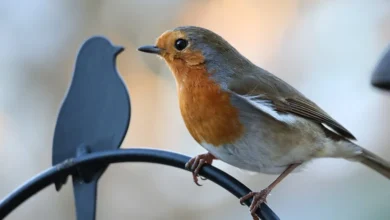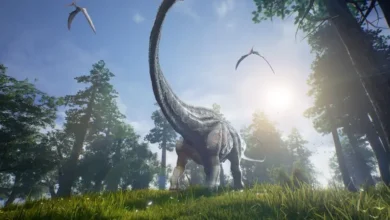Is chicken the solution to climate issues?

In western France, a livestock farmer has developed an innovative chicken farming method that significantly reduces carbon emissions. Despite concerns over animal welfare and biodiversity, Stephane Dahirel’s operation in central Brittany is thriving.
The farmer cares for 30,000 chickens that will more than triple their weight over a 45-day period. McDonald’s buys the chickens’ breasts and uses them in chicken nuggets. The goal of the operation is to produce the best quality meat in the shortest time possible, using the least amount of food.
Dahirel monitors various details in the poultry raising process, from maintaining the conditions of the place to controlling its temperature and the quality of water and food, to obtaining the best production from the half a million animals he raises annually across his three buildings.

Chicken has a lower carbon footprint compared to other meats. Chickens emit less than a kilogram of carbon dioxide equivalent per kilogram produced, making it a more sustainable option than beef production, which emits around 30kgs of CO2 equivalent.
Chickens cause 10-20% of greenhouse gas emissions, meanwhile cows emit significant amounts of methane, a more potent greenhouse gas, through belching.
However, the production of chicken meat is not without environmental consequences. The method requires the production of grains for the birds’ feed, which needs vast areas for cultivation, artificial fertilizers, and pesticides.
This process has negative consequences on biodiversity, deforestation, and water quality. Furthermore, any chicken suffering from a disease is eliminated to maintain uniform standards.

While chicken has a lower environmental impact, experts suggest that reducing the overall consumption of meat is a better approach. Pierre-Marie Hubert from the Institute for Sustainable Development and International Relations advocates for reducing meat consumption instead of relying solely on chicken’s lower carbon footprint.
Dahirel’s intensive chicken farming offers a quick solution to reducing the carbon footprint of meat production, but it comes with ecological limitations and challenges related to animal welfare.
The sustainable food debate requires an all-rounded analysis of the potential impact on nature, the environment, and animal welfare.











